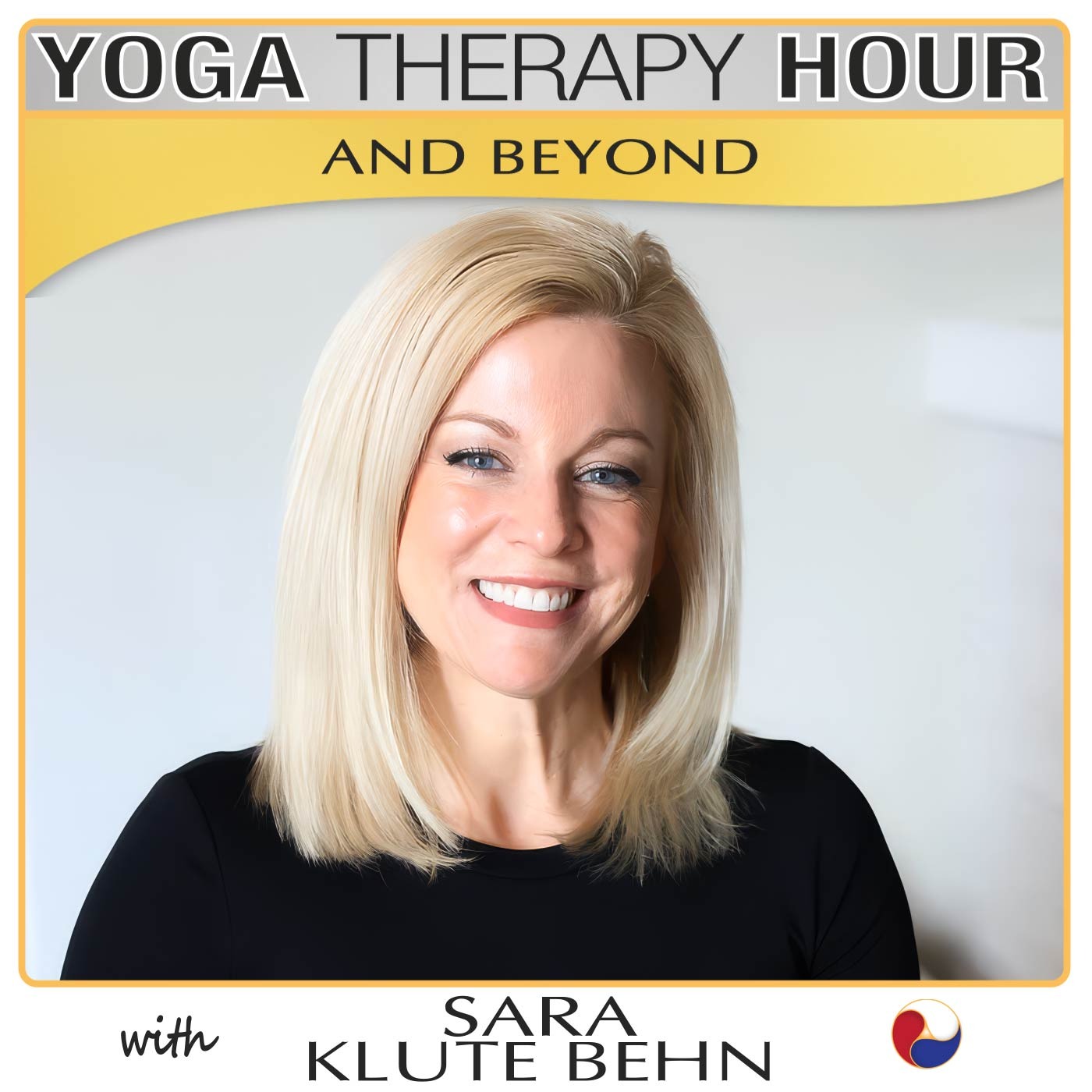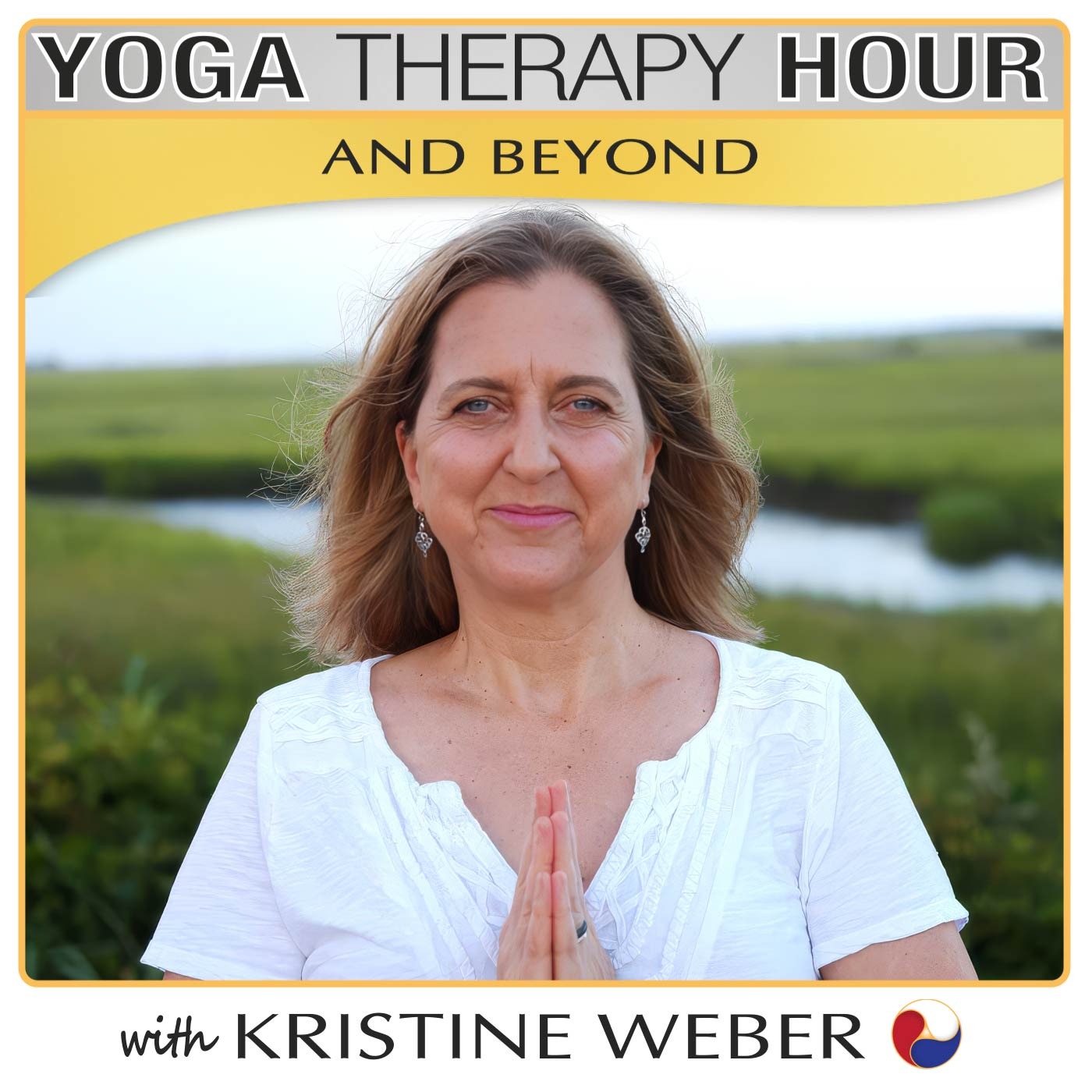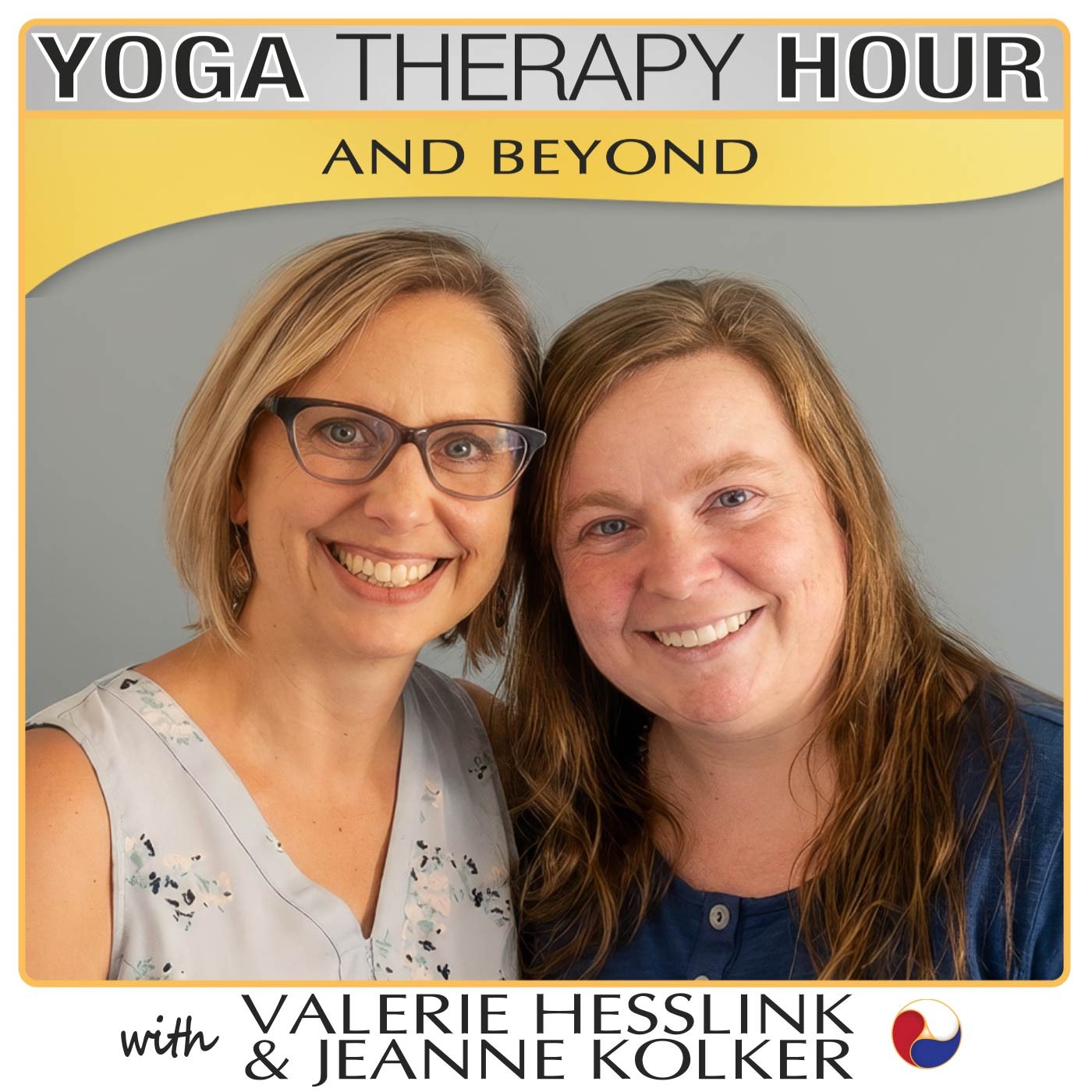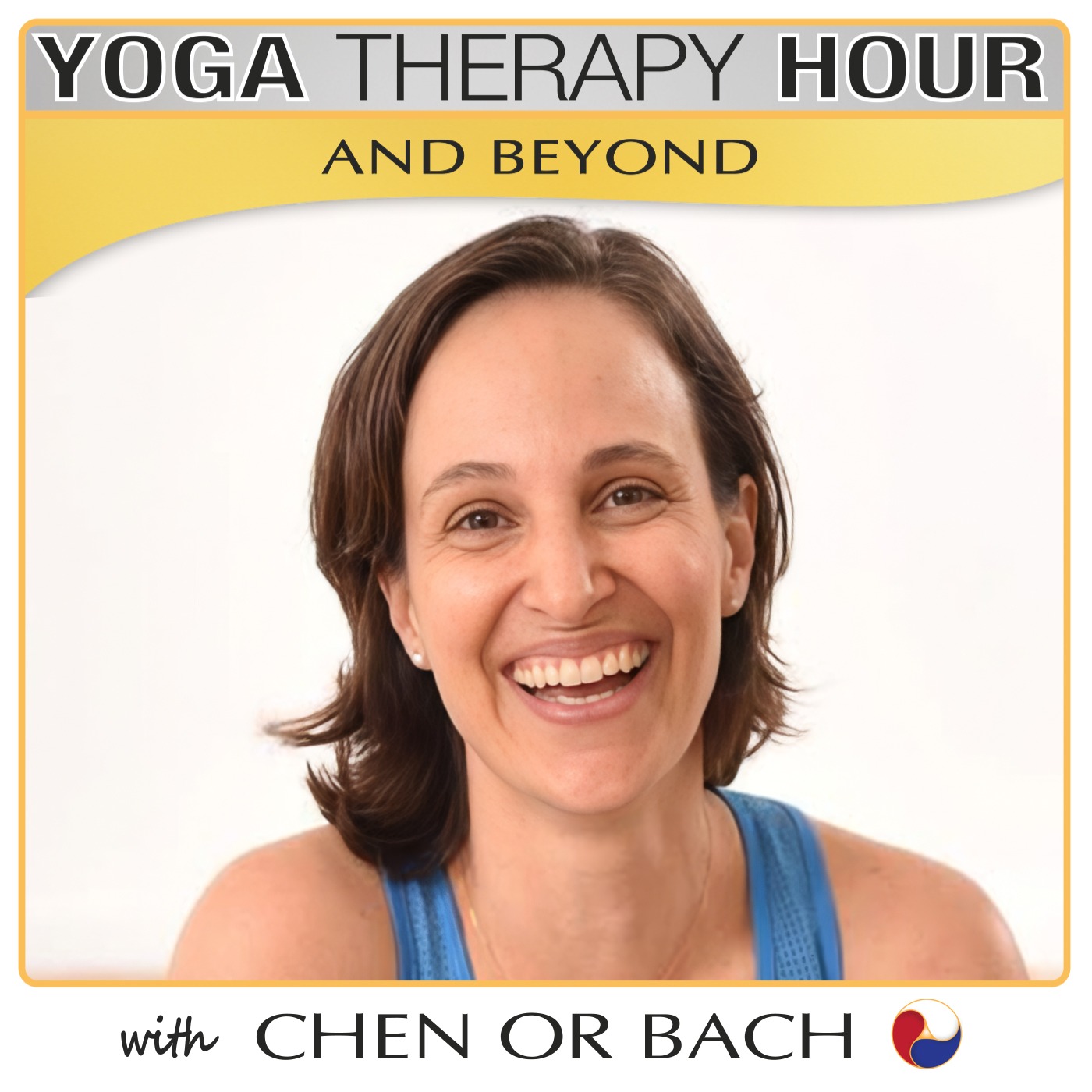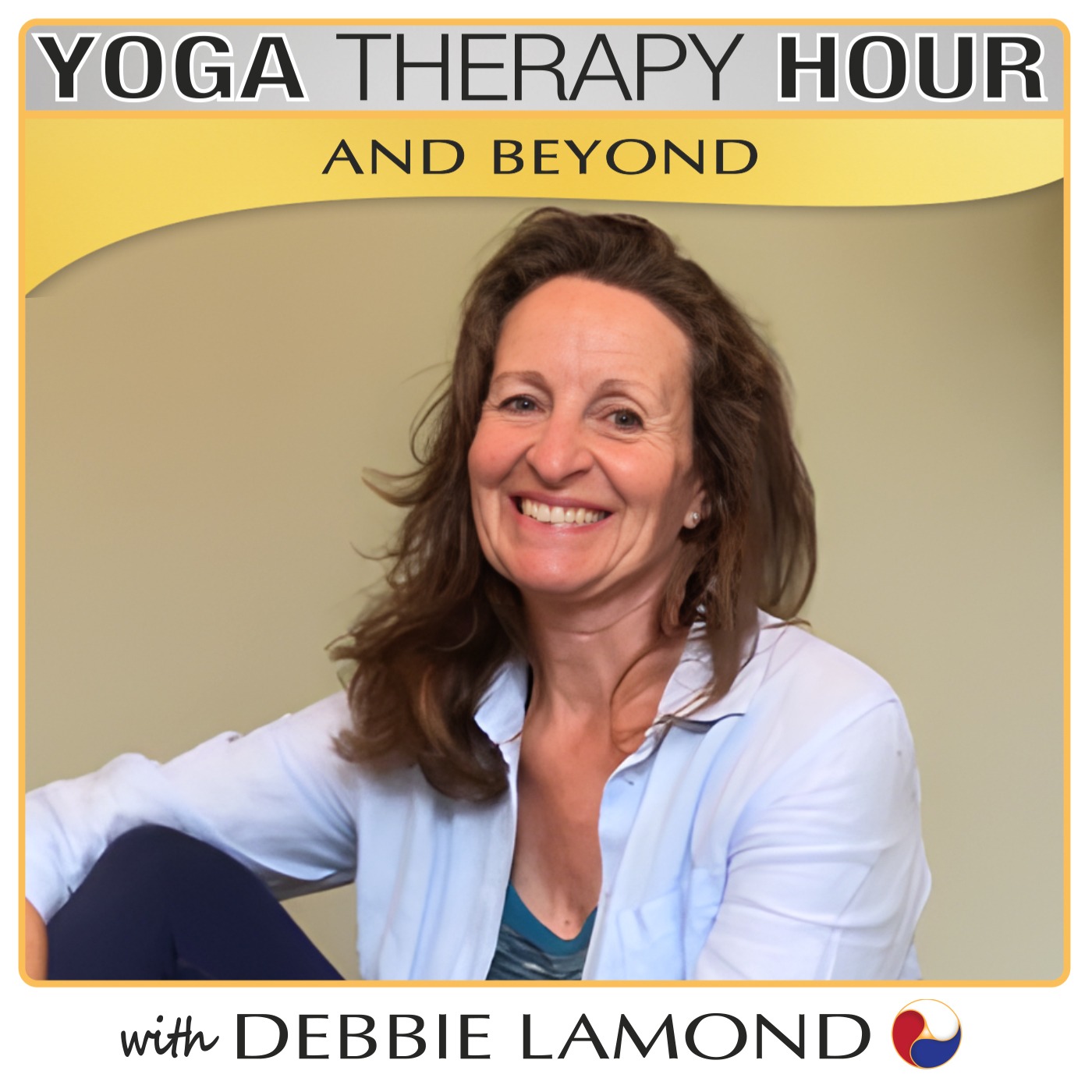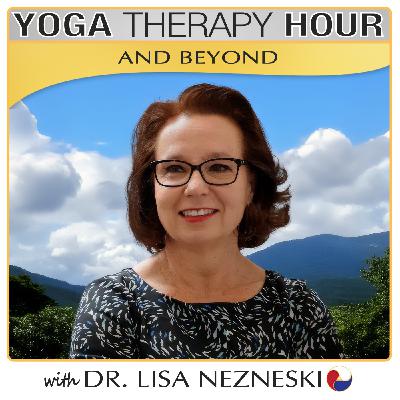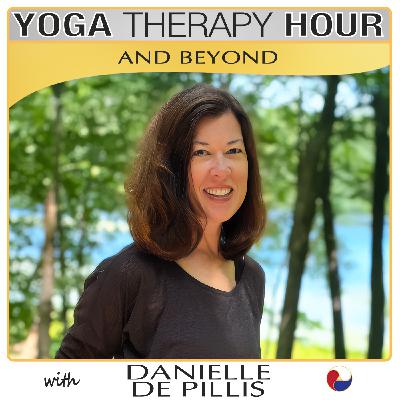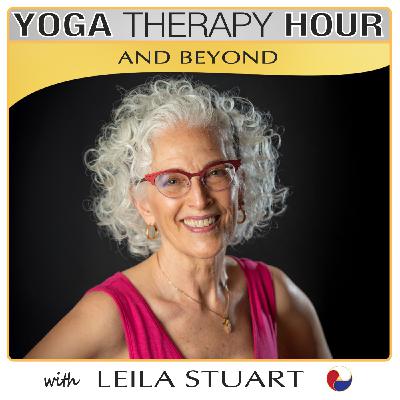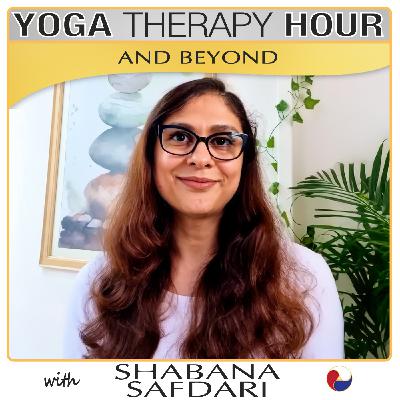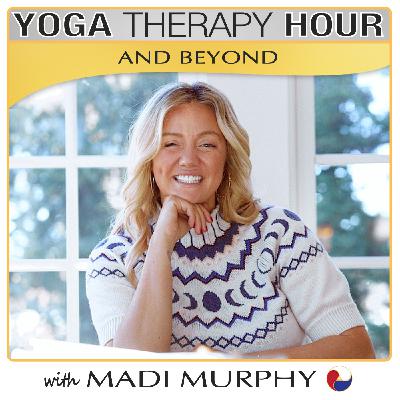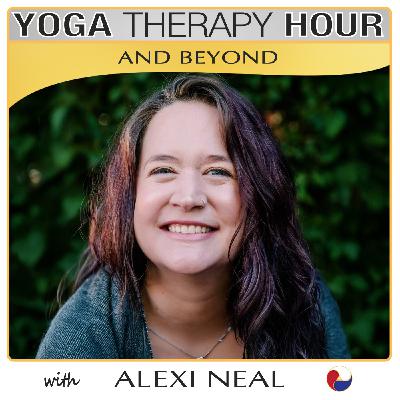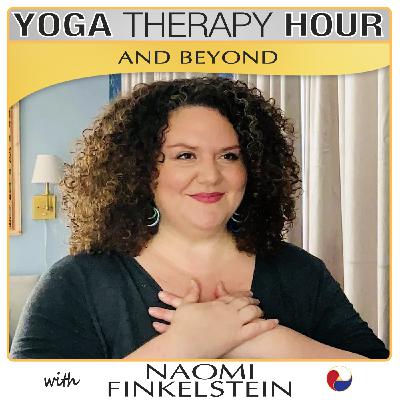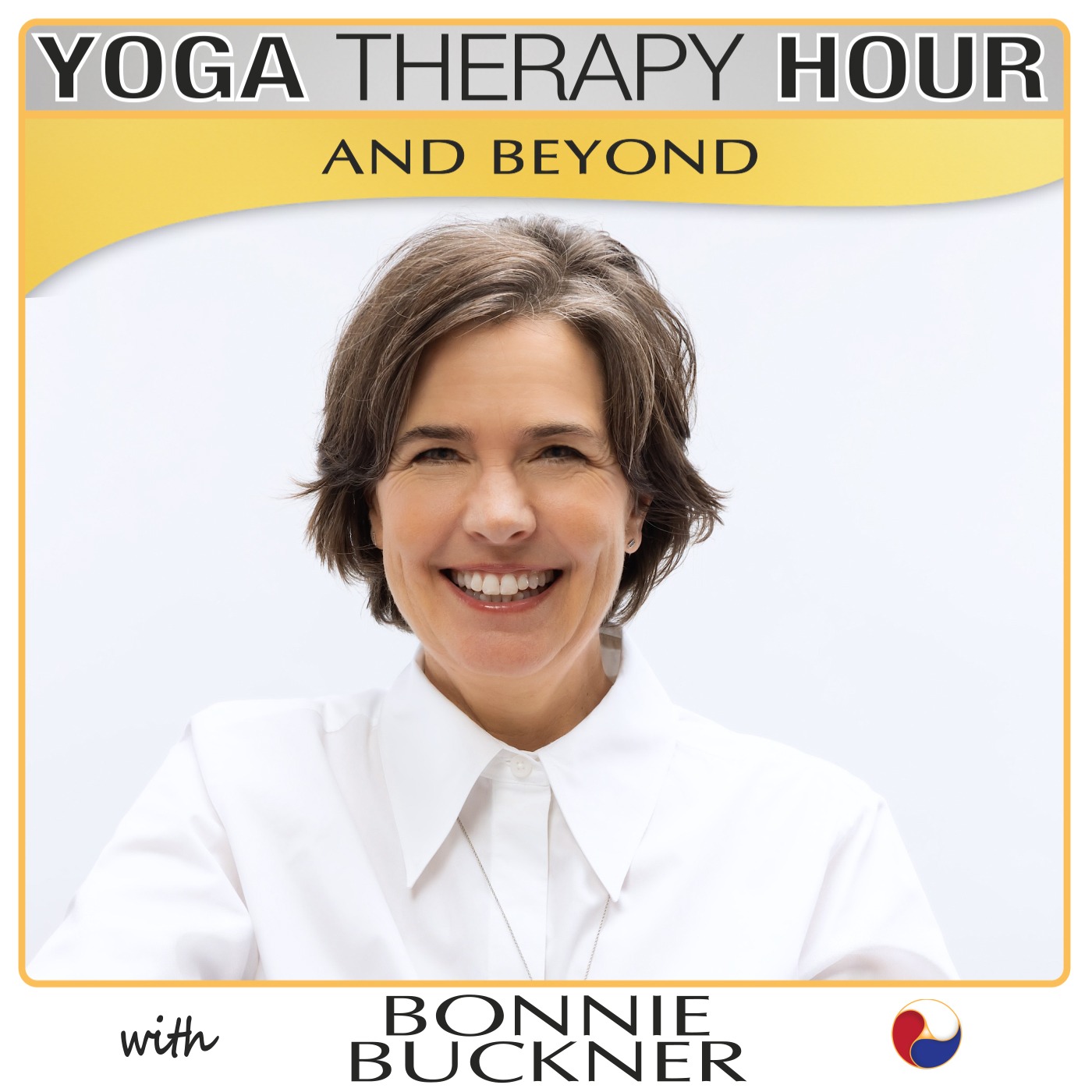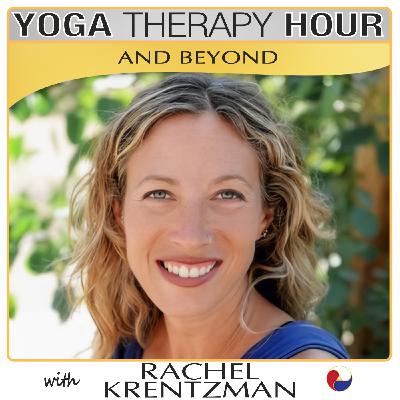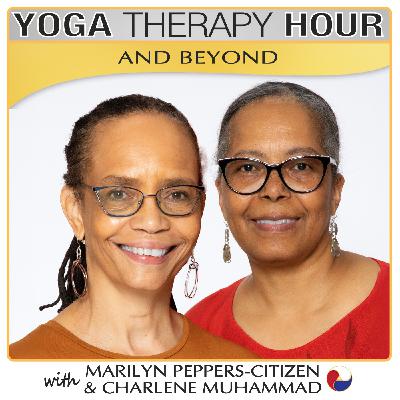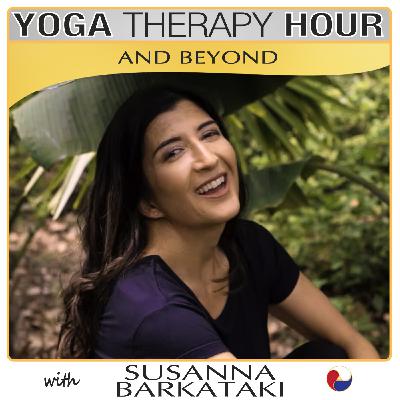Episode summaryAt 32, Marcia found a lump she assumed was “nothing.” It wasn’t. In quick succession came diagnosis (May 1998), surgery including mastectomy and reconstruction, and years of hormone therapy. The shock gave way to a long, messy recovery marked by anxiety, tears, and the fierce desire to “be there” for her two young sons. Yoga entered as a lifeline: first disciplined Iyengar classes that rebuilt physical strength and steadiness, then Aṣṭāṅga for rhythm, breath, dṛṣṭi, and mental focus, and eventually yoga therapy informed by the pañcamaya kośa model—meeting herself where she was, day by day.Part two of Marcia’s story is even more tender: years later, her 15-year-old son, Alex, was diagnosed with high-grade osteosarcoma. Eight months of aggressive chemotherapy, limb-saving surgery, infection, and eventual amputation followed. Through sleepless hospital nights and fragile windows at home, Marcia leaned on simple, steady practices—breath, gentle movement, and the sacred ordinary of hanging laundry in the sun. Key themesThe long arc of recovery: Treatment can be quick; integration takes time. Yoga created structure (set sequences, five-breath holds) that translated into emotional steadiness.From outer strength to inner ease: As physical stability returned, so did mental clarity and emotional regulation—sthira-sukham āsanam (PYS 2.46) in action.Rituals of the ordinary: In crisis, simple routines (breathing, gentle stretches, even doing the wash) become anchors of meaning and regulation.Pañcamaya kośa self-check: How am I—body, breath/energy, mind, personality/values, and meaning? Let practice be responsive, not rigid.Caregivers need care: Five minutes of breath can change the nervous system—and the day.Post-traumatic growth: Agency (“this diagnosis won’t define our life”) and community support foster resilience.Yoga therapy in oncology: Practical tools for survivors and families; thoughtful scope of practice and team-based care.Memorable moments“I was angry at the interruption to my life—I didn’t want cancer to stop me from living my dharma.”“The set sequence and five breaths made Aṣṭāṅga meditative; my body knew what came next, and my mind could rest.”“Hospital life means not moving, not sleeping, not eating well. At home, a decent meal, a real bed, and a few breaths on the mat felt holy.”“Supporting my son after amputation, I realized the PT’s ‘Superman’ was Śalabhāsana—the same human body, different language.”Practical takeaways (for listeners)Structure regulates: A consistent class or home sequence can downshift anxiety; predictability is medicine.Five-breath rule: Linger in postures long enough to feel the pose regulate the breath (and vice versa).Honor seasons: Your practice can be Iyengar-precise one season, Aṣṭāṅga-rhythmic the next, and kośa-guided thereafter. That’s yoga.Caregiver micro-practices work: Three minutes of diaphragmatic breathing between scans or consults matters.Who this episode supportsPeople navigating or recovering from cancerParents and caregivers living in medical systemsYoga teachers/therapists seeking oncology-informed, nervous-system-first approachesAnyone rebuilding identity and routine after a health crisisAbout Marcia MercierWebsite: www.marcie.yoga.com Location: North London (UK)Offerings:Weekly online Yoga for Breast Cancer (Wednesdays 09:30–10:30 UK)1:1 Yoga Therapy (online & in person)Haṭha and Vinyāsa classes (online and local studios)Contributor with Get Me Back—a cancer-recovery community offering strength training, yoga, Pilates, and on-demand classes (getmeback.uk)Resources mentionedmarcie.yoga — contact and class scheduleGet Me Back (UK): membership and on-demand support for people post-treatmentHost reflectionMarcia’s story is a fierce testament to the human spirit yoked to practice. In yogic terms, she modeled tapas without self-punishment, svādhyāya without self-absorption, and praṇidhāna without passivity. This is what it looks like when philosophy leaves the page and enters a hospital ward, a nursery, a kitchen, and a yoga mat. Healing is not linear; it is rhythmic—breath by breath, five breaths at a time.Connect with The Yoga Therapy HourWebsite: TheOptimalState.comInstagram & LinkedIn: Optimal State Yoga TherapySubscribe, rate, and share if this helped you or someone you love.Content note & disclaimerThis episode includes personal experiences with cancer and hospitalization. Yoga therapy is complementary and not a substitute for medical care. Please consult your healthcare team before beginning or modifying any practice.



